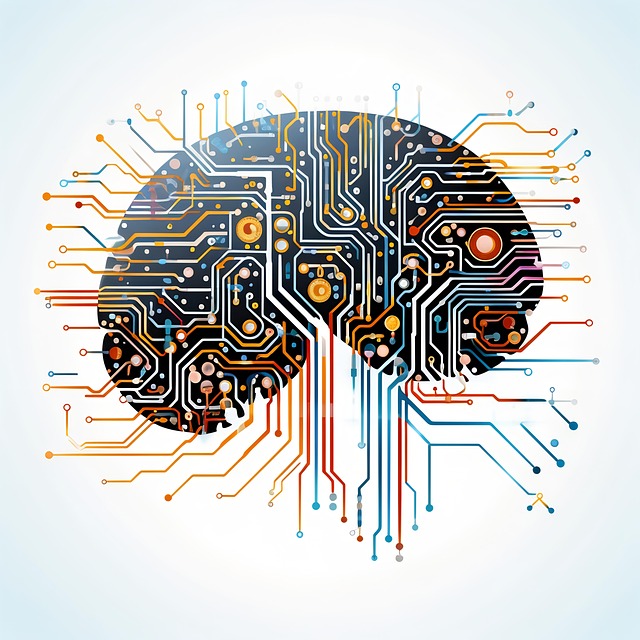AI tools for operational efficiency in repair shops are transforming the automotive industry with data-driven insights and process optimization. By analyzing historical records, manufacturer guidelines, and real-time sensor data, AI enables faster diagnostics, predictive maintenance, and reduced labor times. It also streamlines parts inventory management, minimizes stockouts, and cuts costs. These innovations lead to improved workflow efficiency, shorter turnaround times, enhanced customer service, and a competitive edge in the market. Additionally, AI-assisted training enhances accuracy, safety, and operational efficiency by providing mechanics with real-time data and expert insights.
In today’s digital era, AI tools are transforming industries, and vehicle repair is no exception. This article explores how integrating artificial intelligence can revolutionize repair shop operations, enhancing both accuracy and efficiency. From understanding the potential of AI in diagnosing complex issues to implementing these tools for seamless workflows, we delve into strategies that can benefit repair teams. Additionally, we examine how AI-assisted training improves safety standards, making vehicle repairs more accurate and reliable.
- Understanding the Potential of AI in Vehicle Repair
- Implementing AI Tools for Seamless Workflows
- Enhancing Accuracy and Safety with AI-Assisted Training
Understanding the Potential of AI in Vehicle Repair

The potential of AI tools for operational efficiency in repair shops is immense, promising to transform the vehicle repair industry. By leveraging artificial intelligence, repair teams can significantly streamline their processes and enhance productivity. AI algorithms can analyze vast amounts of data from various sources, including historical repair records, manufacturer guidelines, and even real-time sensor data from vehicles, to provide accurate diagnostics and predictive maintenance insights.
This advanced capability allows for faster identification of issues, reducing the time spent on laborious manual inspections. Moreover, AI tools can optimize parts inventory management by forecasting demand and suggesting ordering schedules, minimizing stockouts and their associated costs. With these AI-driven innovations, repair shops can improve workflow efficiency, reduce turnaround times, and ultimately deliver superior customer service in a highly competitive market.
Implementing AI Tools for Seamless Workflows

In today’s digital era, implementing AI tools for operational efficiency in repair shops has become a game-changer. These advanced technologies streamline workflows, enhancing productivity and accuracy. By automating repetitive tasks like diagnostic analysis and parts identification, AI enables vehicle repair teams to focus on more complex repairs, reducing turnaround time significantly. The result is a smoother, more seamless experience for both technicians and customers.
AI tools also facilitate better decision-making by providing data-driven insights. They can analyze vast amounts of historical repair data to identify trends and patterns, helping mechanics anticipate potential issues before they occur. This predictive capability not only improves the quality of repairs but also contributes to cost savings for repair shops by minimizing the need for unnecessary parts replacements.
Enhancing Accuracy and Safety with AI-Assisted Training

AI-assisted training is transforming vehicle repair operations, enhancing accuracy and safety. By leveraging AI tools for operational efficiency in repair shops, teams can access real-time data and expert insights, minimizing human errors and improving overall performance. These advanced systems offer step-by-step guidance, allowing mechanics to follow precise procedures, especially when dealing with complex repairs or rare vehicle models.
Moreover, AI training modules enable collaborative learning environments where experienced technicians share their knowledge. This not only accelerates the learning curve for newcomers but also ensures that best practices are consistently applied across the entire team. With AI, repair shops can achieve a new level of precision and consistency in their work, ultimately leading to better customer satisfaction and reduced downtime for vehicles.
AI has the potential to revolutionize vehicle repair by enhancing accuracy, safety, and operational efficiency. By implementing AI tools, repair teams can streamline workflows, reduce errors, and improve overall productivity. AI-assisted training ensures that technicians are equipped with the latest knowledge and skills, fostering a more competent and confident workforce. Embracing these advancements is key to staying competitive in the automotive industry’s future.
